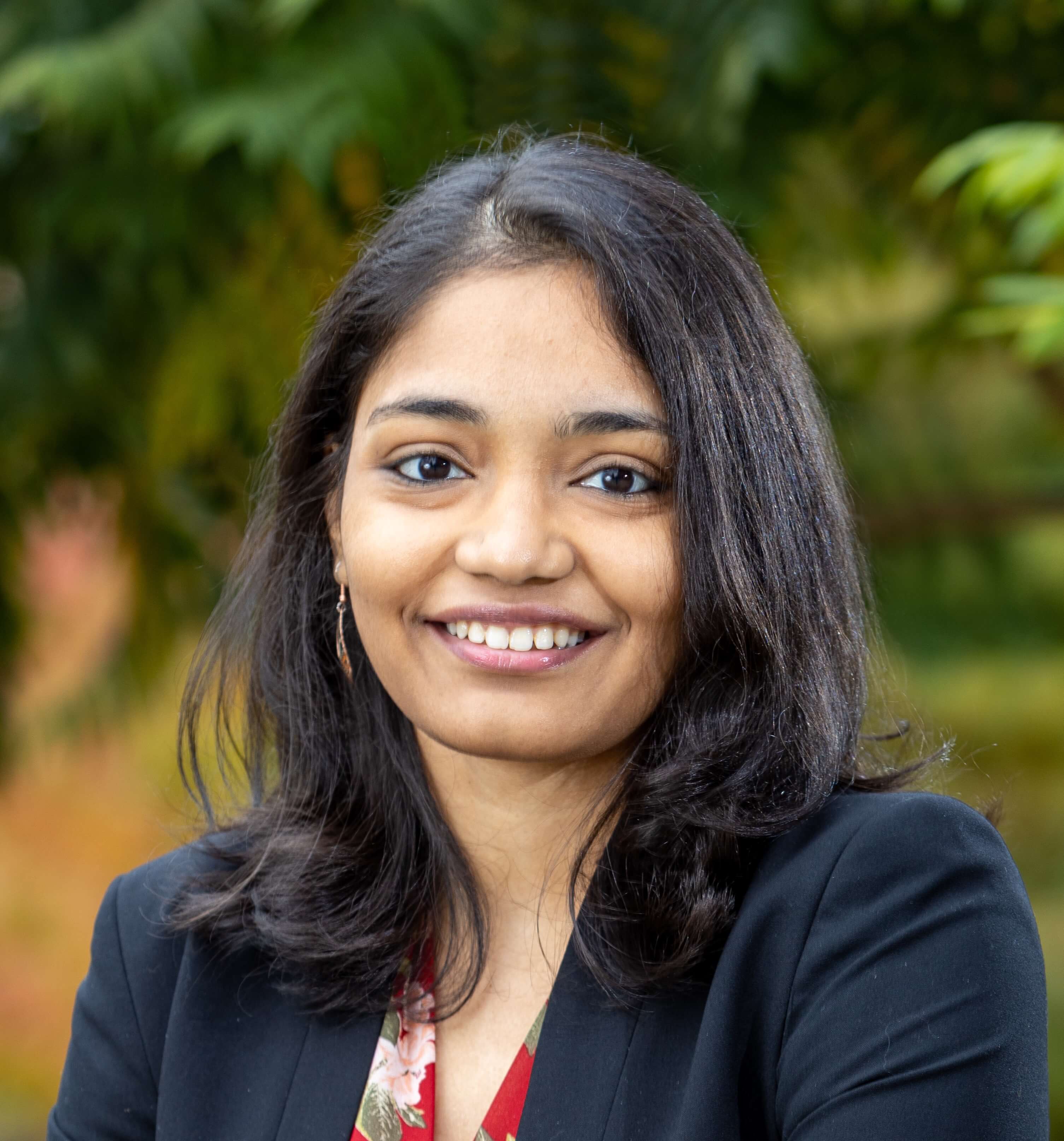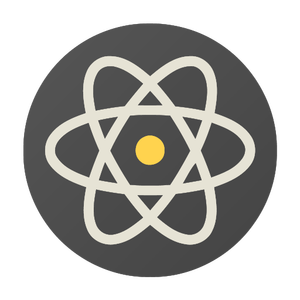Research Interests
My research interests are broadly in the areas of Human Computer Interaction (HCI) and Urban Informatics. I enjoy multidisciplinary application-oriented research that involves designing, developing, and evaluating systems in the real world, and that can be applied to solve high value social problems. My current and past work falls within these sub-domains: accessibility, sustainability, data visualization for social good, computational social science, ubiquitous computing, and smart spaces. I also have an interest to work in ICTD or technology for development.
Projects
Designing Interactive Geovisualization Tools for Understanding Urban Accessibility at Scale · ·
Advisor: Jon Froehlich (UW)
(January 2018 - March 2022)
Collaborator: Jeffrey Heer (UW)
In this work, we focused on utilizing accessibility data sources to build novel interactive visualizations, with a focus on geovisualizations. We built a formative body of work around designing interactive visualizations tools for urban accessibility using data collected from Project Sidewalk and other city data sources. We studied the data practices and sensemaking practices of multiple stakeholders, including policymakers, disability advocates, government officials, and people with mobility disabilities. As part of the efforts, we also developed preliminary prototypes of interactive visualization tools that provide at-a-glance visualization of urban accessibility. We also developed a personalizable accessibility model, AccessScore, to assess and score accessibility of regions based on specific user preferences and/or needs of mobility impaired users (e.g., manual wheelchair user vs powered wheelchair user).
Paper(s): CHI 2022 · ASSETS 2018 Poster
Urban Accessibility as a Socio-Political Problem · ·
Advisor: Jon Froehlich (UW)
(June 2019 - June 2020)
Collaborator: Jeffrey Heer (UW)
In this project, we studied the problem of urban accessibility from a socio-political perspective by taking a multi-stakeholder perspective. We interviewed five stakeholder groups: policymakers (e.g., elected officials), department officials (e.g., DOT officials), accessibility advocates, people with disabilities, and caregivers. We surface the underlying, often invisible, socio-political issues that hinder accessible infrastructure development. Based on the findings, we designed a Civic Interaction Space that will allow technologists to explore the role of civic tech in enabling cross-stakeholder communication.
Paper(s): CSCW 2020
Designing for the Last-Few-Meters Wayfinding Problem for People with Visual Impairments · ·
(June 2018 - Sept 2018)
Mentors: Alex Fiannaca, Meredith Ringel Morris, Ed Cutrell, Melanie Kneisel
This work was done during a summer at Microsoft Research, Redmond. In this project, we studied the problem of navigating the last few meters of a destination when GPS technologies fail for people with visual impairments. Current GPS systems brings a user to the vicinity of a destination but not to the exact location, causing challenges such as difficulty locating building entrances or a specific storefront from a series of stores. We studied this problem space in two studies: (1) the formative study aimed at understanding challenges, current resolution techniques, and user needs in this navigational context; and (2) in the design probe study, we developed and used a vision-based system called Landmark AI that provided different forms of information; we studied their utility in addressing some of the challenges in the last few meters. Based on these investigations, we articulated a design space for systems addressing this challenge, along with implications for future systems to support precise navigation for people with visual impairments.
Paper(s):ASSETS 2019
Project Sidewalk: Enabling Crowd-powered Sidewalk Accessibility Data Collection · · ·
Advisor: Jon Froehlich (UW)
(August 2016 - November 2018)
Accessible cities are essential for a truly inclusive society. This project looks into developing scalable methods for collecting and using accessibility data for novel Assistive Location-based Technologies (ALTs) to support people with mobility impairments. In particular, we are using crowdsourcing techniques to collect street level (sidewalk) accessibility data about cities. We are also working towards novel applications that will aid stakeholders such as people with mobility impairments to plan their travel efficiently, and city governments to prioritize accessibility efforts in cities.
Paper(s):  CHI 2019 · ASSETS 2017 Poster
CHI 2019 · ASSETS 2017 Poster
Exploring the Role of Thermography in Creating Novel Human-Building Interactions
Advisor: Jon Froehlich (UMD)
(September 2015 - August 2016)
Collaborator: Matthew L. Mauriello (PhD Student, UMD)
In this project, we investigated the potential to engage the public in new Human-Building Interactions by expanding their ability to: perform energy audits, survey public infrastructure, and contribute to urban energy analysis.
Paper(s):CHI 2017 · CHI 2016 Workshop
Personal Energy Monitoring in Smart Homes
· ·
Advisor: Amarjeet Singh (IIIT-Delhi)
(July 2013 - July 2015)
Collaborators: Yuvraj Agarwal (CMU) and Anind Dey (CMU)
This goal of this project was to explore the use of smartphone sensors and electricity meter for inferring daily activities and identifying the individuals who performed them. The results of this study is published in the EnergyLens paper (ACM e-Energy 2014). The system architecture was evaluated for shared living spaces and a room-level energy apportionment system called WattShare (ACM BuildSys 2014) was built. It was part of the larger HumanSense Project.
I worked on building an end-to-end energy apportionment and feedback system for smart homes with an objective of providing occupants with relevant information about their personal energy consumption at the right time. It is based on the original EnergyLens system.
Paper(s):ACM e-Energy 2014 · ACM BuildSys 2014
Personal Activity Monitoring in Shared Spaces
Advisor: Amarjeet Singh (IIIT-Delhi)(March 2014 - October 2014)
Collaborator: Kumar Padmanabh (Bosch Labs, Bangalore)
This project aimed to develop insights into personal activity monitoring in shared spaces, specifically in the home environment, through the use of pervasive computing technologies. In particular, we wanted to leverage the smartphone, a rich source of information, to develop insights for personal activity monitoring and feedback services for the DIY sector. The objective was to do so in the context of using power tools in home environments.
SensorAct: An Occupant-centric Middleware for Buildings
Advisor: Amarjeet Singh (IIIT-Delhi)
(November 2012 - May 2013)
Collaborator: Mani B. Srivastava (UCLA)
As part of the Energy Team in IIIT-D, I worked on SensorAct, a middleware for building management. It interfaces with diverse building sub-systems and sensing systems; makes the data available and allows sharing of data and control with users in a secure manner keeping in mind privacy issues.
Paper(s): IEEE UIC 2015 · NSDI 2013
Bandwidth Management Framework for Multicasting over Wireless Mesh Networks
Advisor: P. V. Krishna (VIT University, Vellore)(September 2011 - May 2012)
As a Masters student, I took up an independent research project wherein I developed a bandwidth management framework for performing multicasting over wireless mesh networks. This was later converted into my Masters Project.
Paper(s): IJIEE 2012

 CHI 2019 · ASSETS 2017 Poster
CHI 2019 · ASSETS 2017 Poster

